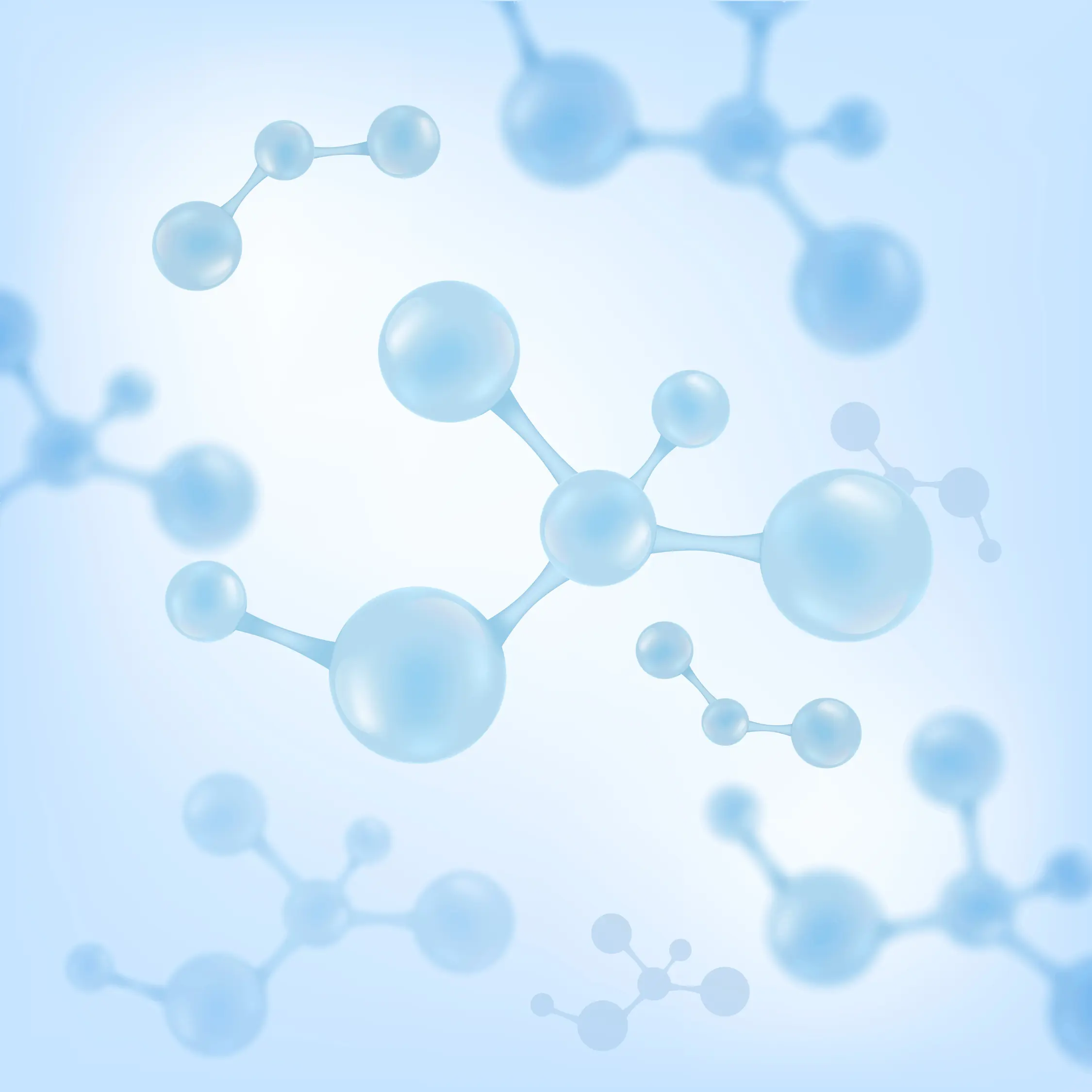Peptide Knowledge
Peptide Purification: A Lab Guide
By: Clark Jones, PhD
Peptides are short chains of amino acids...
Peptide Purification: A Lab Guide
By: Clark Jones, PhD
Synthetic peptides are indispensable tools...
What is a Lyophilized Peptide?
By: Dr. Anne Arnold
Introduction
Peptides are short chains of...
Storage of Lyophilized Peptides: A Lab Guide
By: Clark Jones, PhD
Lyophilized peptides—also known...
Reconstitution of Lyophilized Peptides: A Lab Guide
By: Clark Jones, PhD
Lyophilized peptides,...





